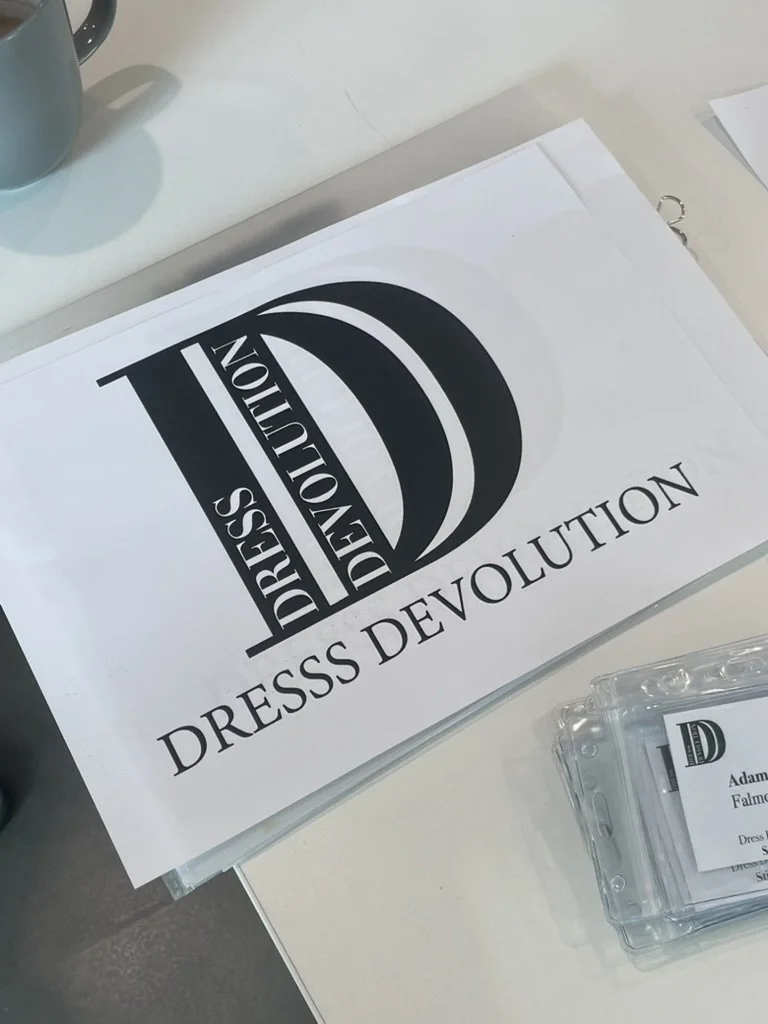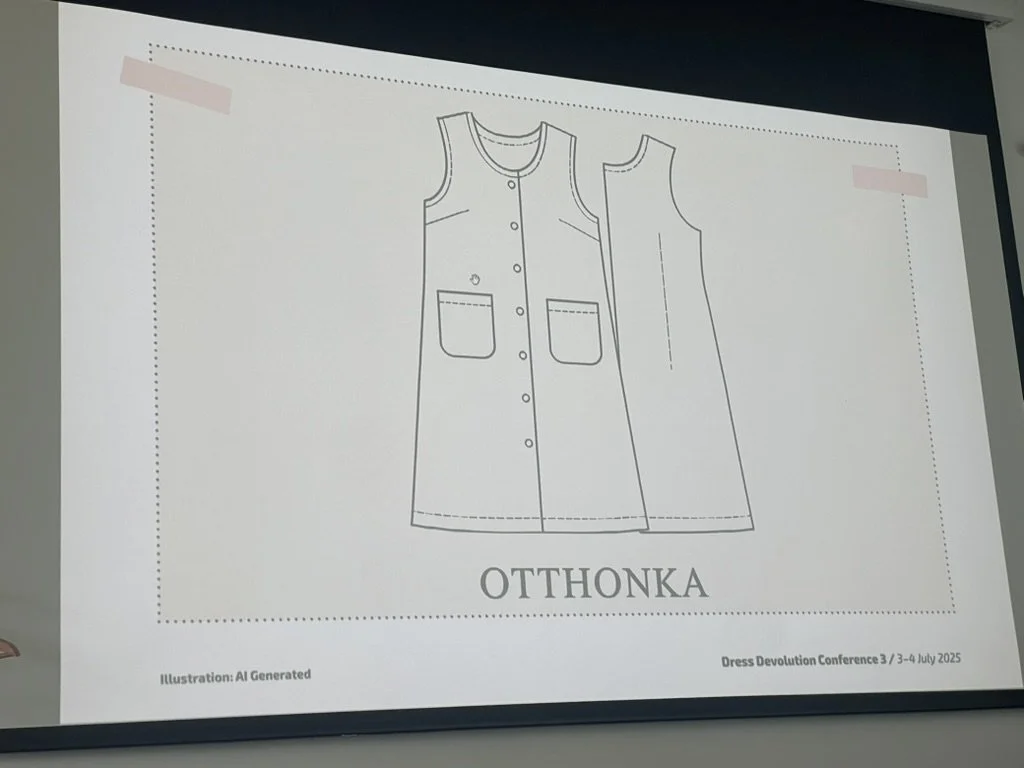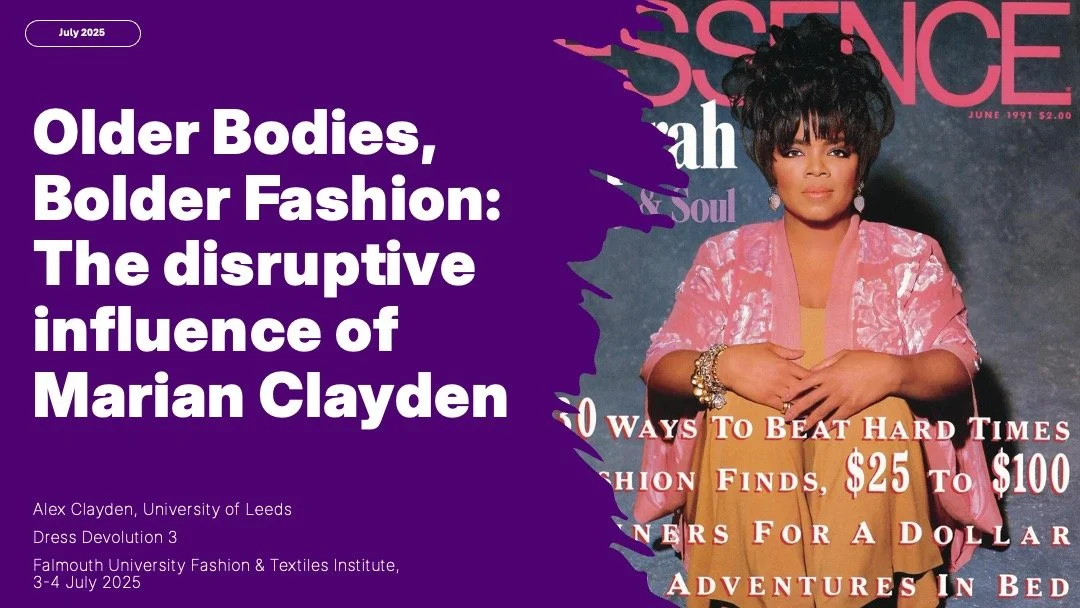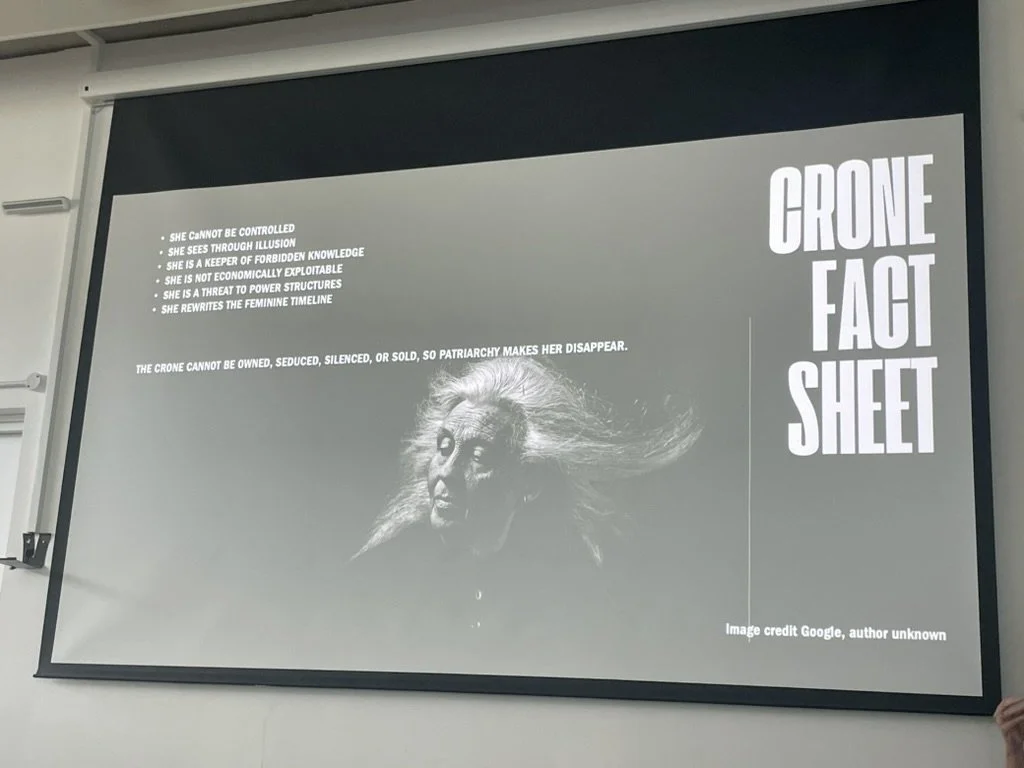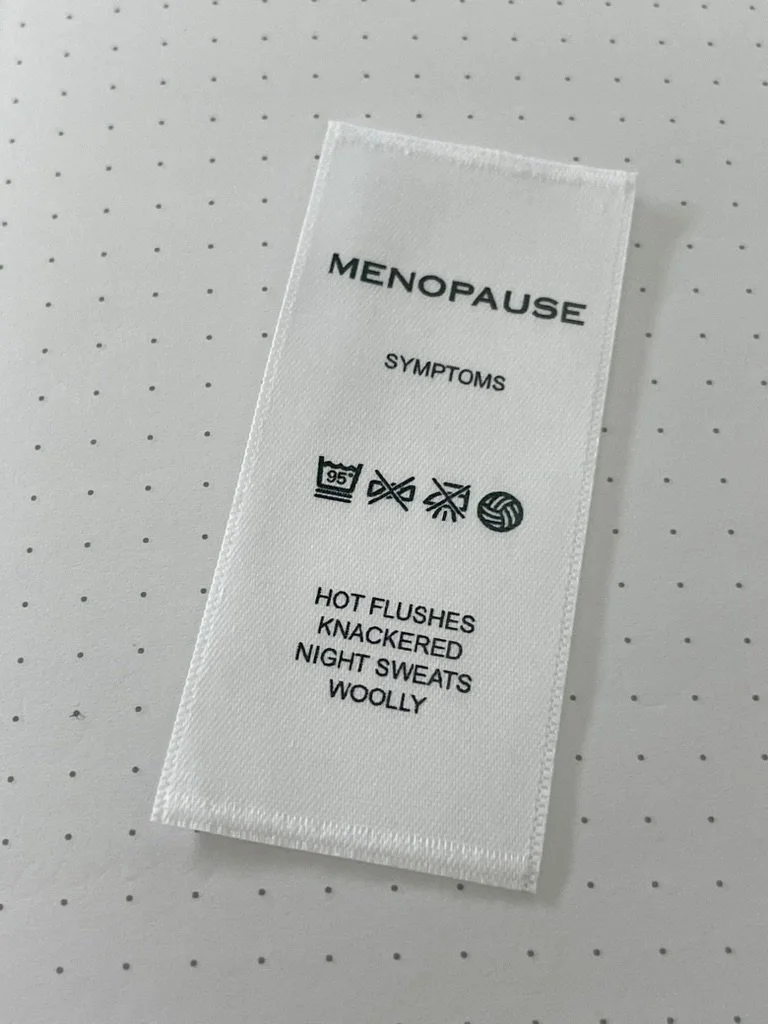Dress Devolution 3
This past week I took a couple days off work and winged by way to beautiful Penryn in Cornwall. The campus there, attached to Falmouth University, played host to the third annual Dress Devolution conference. This year our theme was “Still playing dress-up: age, clothing & costume” and almost all the topics revolved around dressing concepts of aging in general, and how it was presented through research into dress, fashion, and costume. I went down there to present on Marian’s work (of course), and to participate in my first proper conference with proper academics.
Dinner the first night was delightful chaos, since apparently despite everything being allegedly open on a Wednesday night for dinner, nothing actually was. After marching up and down hills many times and striking out at three different venues, we all piled into the chippy and got some proper Cornish fish and chips. Since the pub wasn’t serving dinner any longer, we convinced them to sell us pints and let us eat out dinner in their beer garden, which they agreed to. A feast was had, and a long trudge full of carbs to the accommodation meant I slept like the dead.
The next morning the conference began, and after some coffee we heard from Krisztina Maroy, who was presenting her doctoral research on the otthonka, a cheap working garment made from synthetic fabrics prevalent in socialist Hungary for older women. Not unlike the British housecoat, it was a ‘uniform of oppression’ Maroy asserts. Maroy is also the editor-in-chief of GLAMOUR magazine in Hungary, and brought some very interesting insights.
I was part of the first panel of the day called “Imperfections”. My talk was all about Marian’s clientele and how they were generally “women of a certain age”. Despite having an older clientele, Marian still enjoyed commercial success and recognition, exhibiting her collections in elite fashion spaces like New York Fashion Week and Saks Fifth Avenue alongside other mainstream designers. Vogue’s approach to Marian for a feature (which she declined) shows that her garments were leading in fashion conversations even though they weren’t always the most attractive to the traditional youth-demographic. Certainly Marian’s approach was always a bit trail-blazing, and this was just one other way of doing that.
The talk was well received and inspired a lot of conversation both through the rest of the day and afterwards. My main aim in presenting the talk was just to start getting Marian’s work established in the minds of British fashion academics, which seems to have worked. I also didn’t disgrace myself in my presentation or the work I’d done preparing readings, etc so that’s another plus!
We carried on through the rest of the day learning about all kinds of interesting approaches to practice-based research and other theoretical considerations before wrapping up and heading down for dinner to the local micro-brewery & pizza place. Much laugher and carrying on of course, and then back to bed for another heavy sleep, especially with the hard part done for me!
The second day was just as fabulous as the first. Two more panels including a completely sublime talk on embracing the crone within to reclaim our power. If the crone is a reclamation of status and power in defiance of the patriarchy, I wonder what it means for we queer men. Shall we become crones? Or do we need a new and similar rejection of aging? More to mull over.
Theresa Parker from the Open University gave the most wonderful talk on fabricating menopause to try and created something that emulated the lived experience.
She had these little tags made for some of the pieces and for fun, and I got to keep one.
The day itself ended with the most delicious workshop run by the convenors Drs Julie Ripley and Lizzie Orcutt, whose practice-based exploration of personal embodiment of style meant we got to play dress-up with a Mulberry runway collection. I myself selected a wonderful top I wish I could have stolen and the most outrageous hat. I’m told we’ll get the pictures before too long, so maybe they’ll end up on here!
We parted ways reluctantly, looking forward to next year’s fun and frolic. I could not have asked for a warmer or more fun introduction to these fabulous academics, and look forward to running across many of them in years to come.

